The opening sequence in Viggo Mortensen’s sophomore effort as director, writer, composer, and star records two deaths: one peaceful and the other violent. The first is of one of the main characters, and Mortensen—displaying more confidence here than in his maiden directorial effort, Falling—isn’t worried about spoilers. Breaking up the narrative as he did in his earlier film, he returns to the story’s beginning as, on the streets of late 1850s San Francisco, Vivienne (Vicki Krieps), a willful and independent French-Canadian woman, and Holger (Mortensen), a Danish immigrant visiting from his rural Nevada homestead, cutely meet and instantly fall for each other.
Vivienne and Holger return to the home she shares with her current lover. Holger stays the night. In the morning, she makes him breakfast (an omelet, which she teaches him how to pronounce correctly), then they travel to his Nevada ranch where they start a happy new life together. She even works as a bartender in the local saloon. However, their nirvana is destroyed by the Civil War.
When a Union army recruiter visits to ask for volunteers to fight the Confederacy, the local men demur except for Holger, who decides he must fight against slavery. Vivienne is incredulous: “Men are so stupid. What if I don’t wait for you?” Her question brings into focus the film’s major shortcoming. Although Vivienne is the focus of this revisionist western, she isn’t given complete agency. Rather, her character too often finds herself responding to what men do to her.
Not that she’s docile in any way. Krieps performs with her usual subtle authority, making Vivienne the center of the story. When Holger leaves for the war, Vivienne continues working at the saloon, and is soon in the sights of Weston (Solly McLeod). A lazy caricature of a villain, he nearly beats the saloon’s pianist to death just for playing a pro-Union tune. He also won’t take no for an answer from Vivienne and follows her home one night, sexually assaulting her.
That horrific crime hovers over the rest of the film: Vivienne has a son and raises him alone. When Holger finally returns home after several years, he must be introduced to their son Vincent and reintroduce himself to his wife. They start to become a family again, but Holger has done the math. When he asks her, “Whose son is he?” Vivienne responds, “Mine.” Then she admits what Weston did to her. When Holger grabs his gun, she calms him down—for the moment.
Her explanation sets the stage for a final act of revenge, carried out predictably but filmed artfully by Mortensen. The vengeance is actually a twofer, since we also discover the cause of the opening-scene death. Marcel Zyskind’s impressive cinematography features long takes and precise camera movements, lensed on various Canadian and Mexican locales that stand in for mid-19th century Nevada. Mortensen’s assured filmmaking is also present in his score, which sets a welcome musical mood of melancholy. Although Mortensen is appropriately restrained as Holger, he smartly allows Krieps’s masterly performance to carry this flawed but compelling character study masquerading as a western.

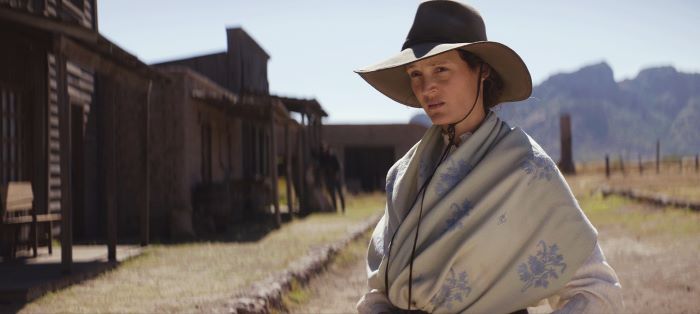
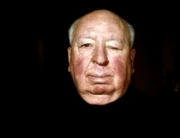
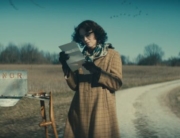
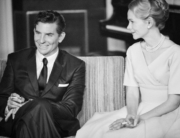
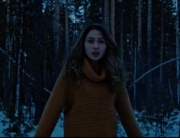
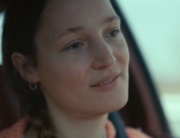
Leave A Comment